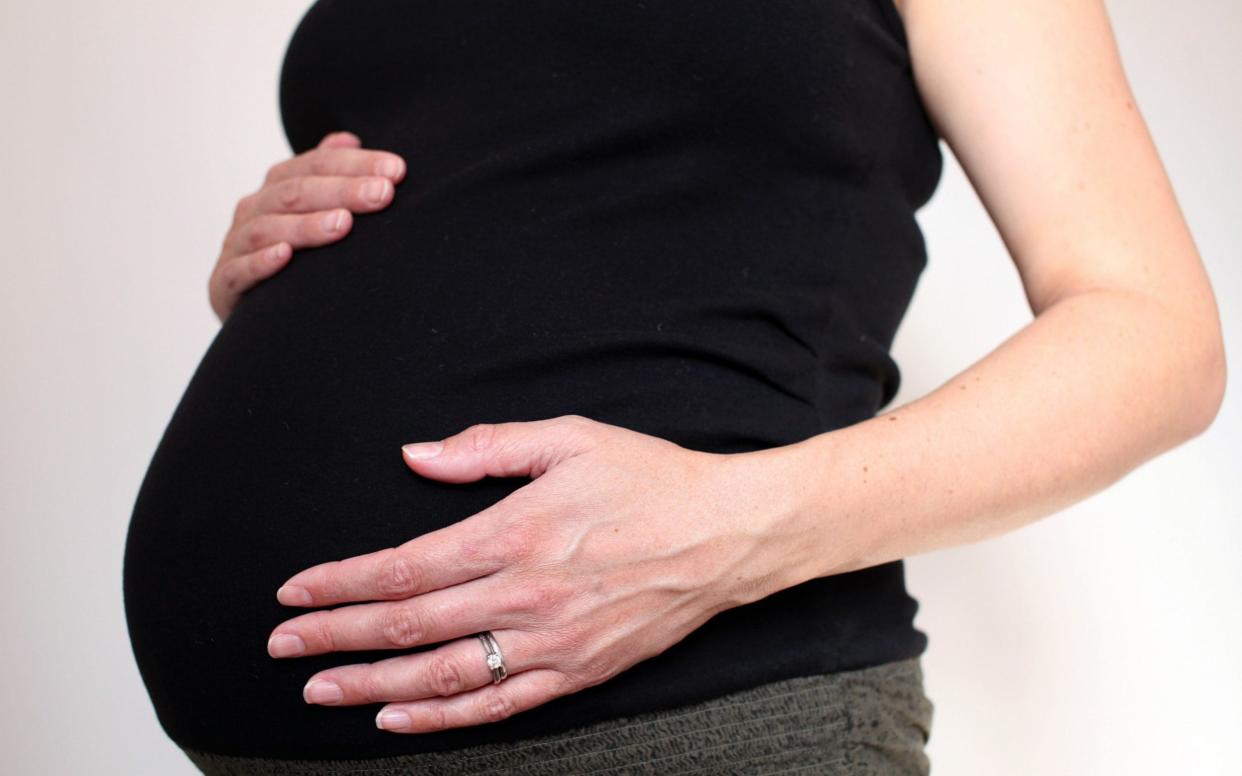£1 pill could stop women from suffering miscarriages, study finds

A £1 pill currently used to treat diabetes could stop women suffering miscarriages, research suggests.
A woman who took part in the trial has spoken of her joy after giving birth to a son after suffering four miscarriages.
Cally Cusack said and her partner Joshua had almost given up hope of having their own baby, but finally achieved success after three months on the drug.
The treatment works by increasing the amount of stem cells in the lining of the womb, improving conditions to support pregnancy.
Previous research by University of Warwick researchers revealed a lack of stem cells in the womb lining is causing thousands of women to suffer from recurrent miscarriages.
This is defined as the loss of two or more consecutive pregnancies, with additional miscarriages decreasing the likelihood of a successful pregnancy.
The team also demonstrated that stem cells protect key cells from excessive stress and inflammation, which can cause the breakdown of the womb lining.
The study, published in the EBioMedicine journal, a new class of diabetes drugs called gliptins targets an enzyme involved in the recruitment of circulating stem cells to the womb.
Researchers analysed whether inhibiting this enzyme, called DPP4, using a particular drug - sitagliptin - would improve conditions in the womb for pregnancy.
In the trial, 38 women aged 18 to 42 who had experienced a large number of recurrent miscarriages - five on average - were given either an oral course of sitagliptin or a placebo for three menstrual cycles.

Biopsies of the womb were taken at the start of the course of treatment, and afterwards, to determine the number of stem cells present before and after the course.
There was an average increase in stem cell count of 68 per cent in those women who took the full course of sitagliptin. This compares to no significant increase in those in the control group receiving an identical placebo pill.
Those on the treatment also saw a 50 per cent decrease in the number of "stressed" cells present in the lining of the womb.
Researchers say there were minimal side effects for the participants.
They now hope to take the treatment to a clinical trial.
If successful it would be the first targeted specifically at the lining of the womb to prevent miscarriage.
Currently the drug is used by the NHS to treat diabetes, at a cost of £8 a week.
Researchers said the findings were "very exciting" and said the treatment could help the body to repair itself.
Professor Jan Brosens, of Warwick Medical School and consultant in reproductive health at University Hospitals Coventry and Warwickshire NHS Trust, said: "There are currently very few effective treatments for miscarriage and this is the first that aims at normalising the womb before pregnancy.
"Although miscarriages can be caused by genetic errors in the embryo, an abnormal womb lining causes the loss of chromosomal normal pregnancies.
"We hope that this new treatment will prevent such losses and reduce both the physical and psychological burden of recurrent miscarriage."
The research was funded by and took place at Tommy's National Miscarriage Research Centre.
Cally Cusack, 29, from Doncaster, was one of the women who took part in the trial. She did not know until after the study finished that she had been given the real drug rather than a placebo.
After three months on the drug, the stem cell count in her womb lining had improved.
She became pregenant and nine months later had her first son, Dawson, who is now nearly two.
"Throughout the entire pregnancy, you are on eggshells. I had lost four at various stages, between six and 14 weeks gestation. To get to the end and have Dawson - we were absolutely elated. It's the most amazing feeling. I can't really describe it,” she told the BBC.
